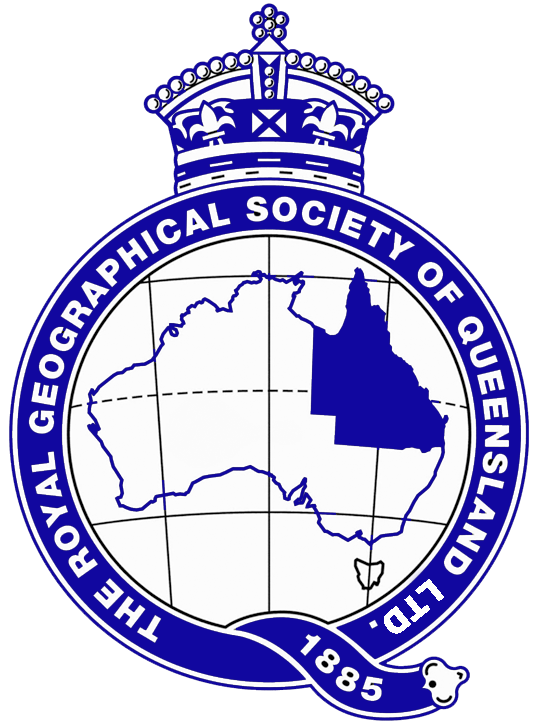Menu
Log in
- Home
- The Society
- News
- Geography in Conversation: Impact of coastal erosion on Moreton Bay Ecosystems
The Royal Geographical Society of Queensland Ltd. | Patron |
Privacy Policy | Contact Us | © RGSQ | Site Map |
Powered by Wild Apricot Membership Software
